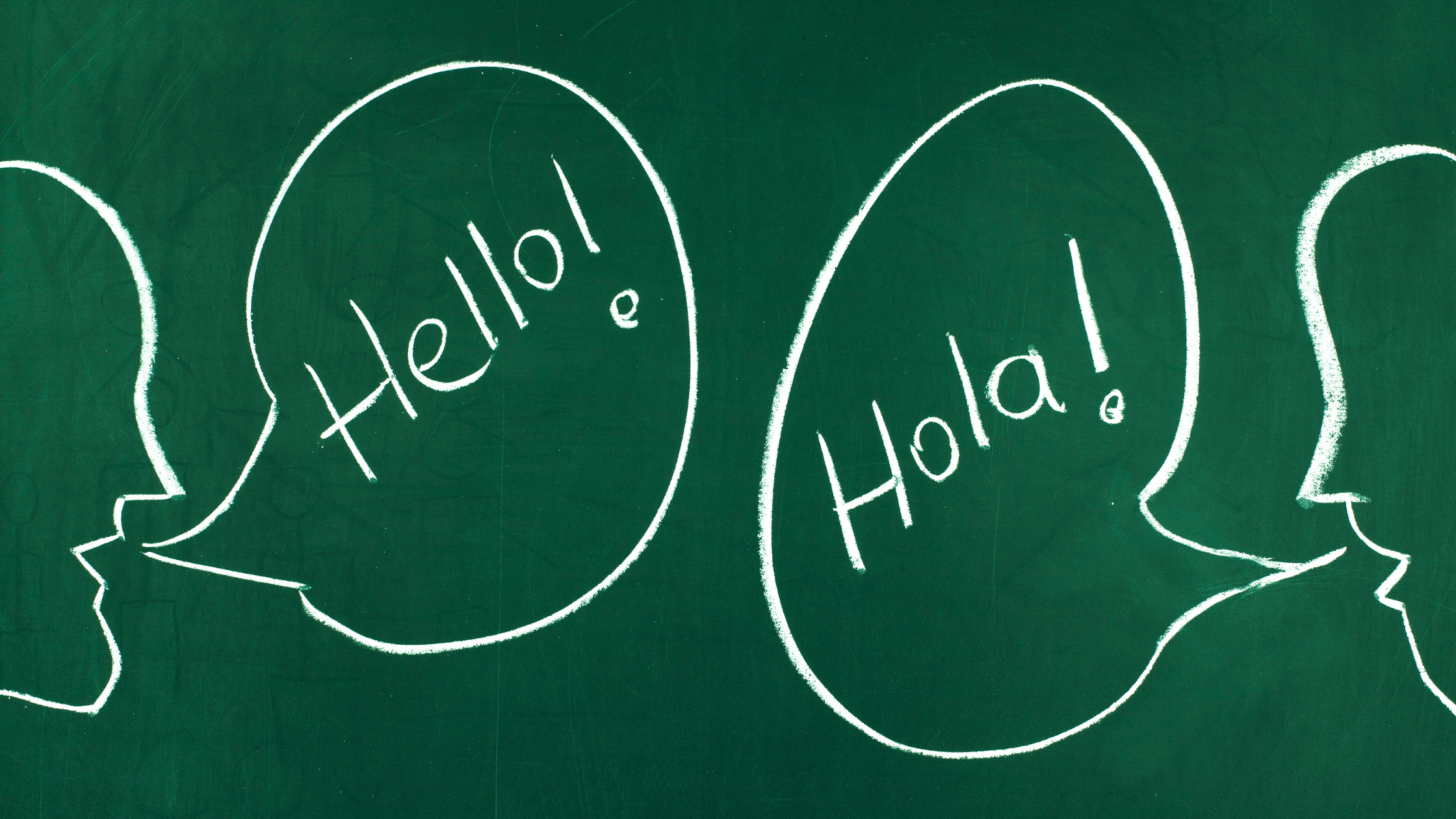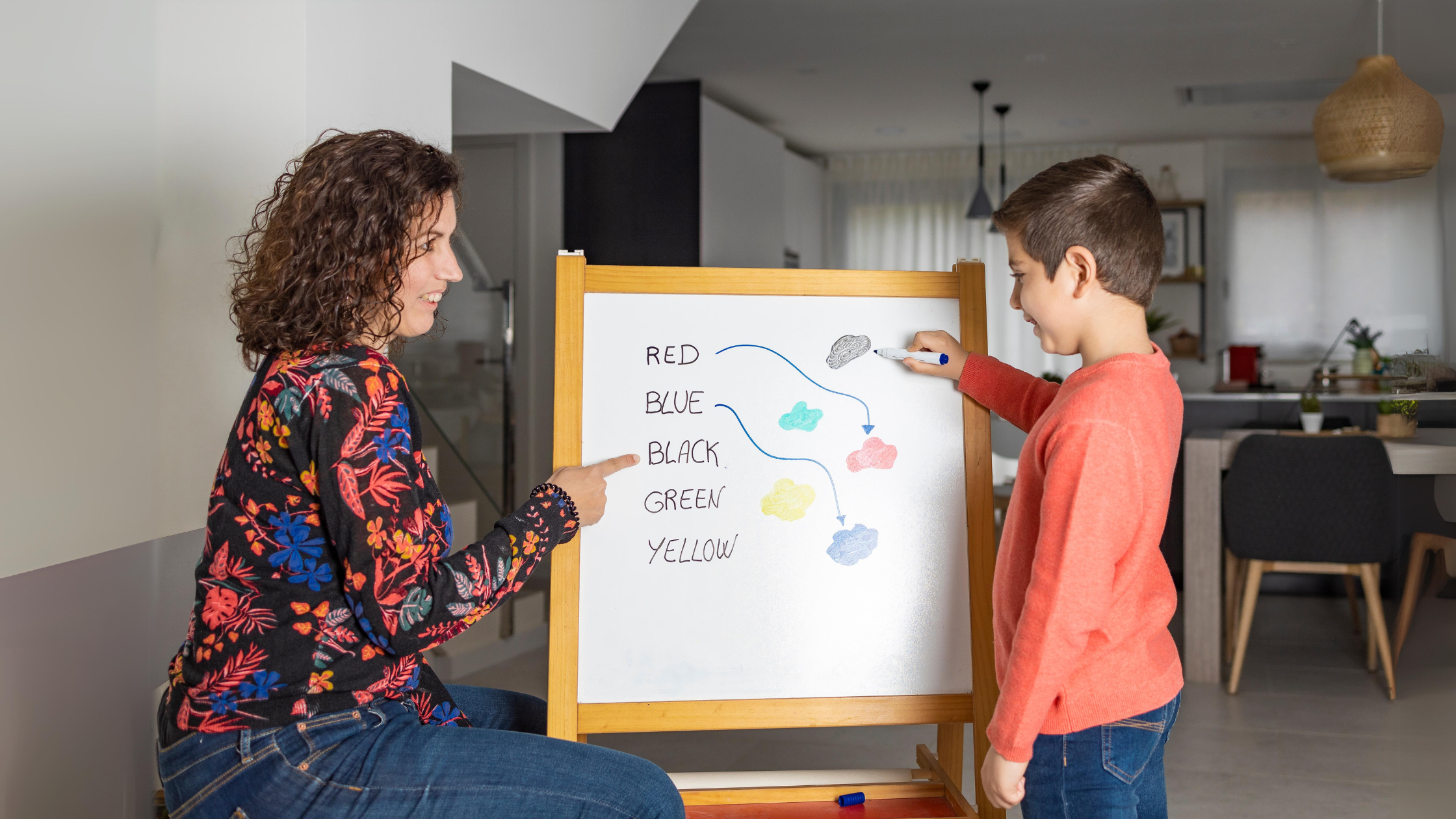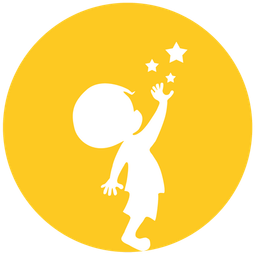Introduction
Vocabulary development is key in early childhood education because it strongly predicts later reading skills and overall academic success. Children with a strong vocabulary are more prepared to excel in school and life. Vocabulary skills are typically divided into two categories: receptive vocabulary, which refers to words children understand, and expressive vocabulary, which refers to words they can actively use. Both of these are critical components of oral language skills, including word knowledge, grammar, and conceptual understanding.
What Affects Vocabulary Development?

Child factors like phonological memory (the ability to remember sounds) and gender.
Research shows that individual differences in vocabulary size emerge as early as ages 3 and 4, and these differences can persist into adulthood.
Environmental factors such as socio-economic status (SES) and the richness of the language environment at home.
Children in homes with rich language exposure tend to develop broader and deeper vocabularies compared to those in language-poor environments.
Understanding the Dimensions of Vocabulary

Vocabulary breadth refers to the number of words a child is familiar with at a surface level. For example, a child might know that counting is related to “how much,” or that voting means “making a choice,” even if they can’t give a detailed definition. Vocabulary breadth is crucial for understanding content across various subjects in school.
Vocabulary depth refers to knowing more about the structure and usage of individual words. It includes:
Phonology (how words sound)
Orthography (how words are spelled)
Morphology (how words change form)
Syntax (how words function in sentences)
Semantics (what words mean and how they relate to each other)
Pragmatics (how words are used in context)
For example, When children hear the words right and write, they must be able to distinguish them from similar-sounding words like light and ride (phonology). In reading, they need to recognize that the gh in right and the tw in write are silent (orthography). They should also understand that words like wrote, written, and rewrite are different forms of write (morphology) and use them correctly in past-tense sentences like "Jamey wrote in her journal" (syntax). Additionally, children must differentiate between the meanings of write (to make marks on paper), right (the direction or being correct), and a right (something you are allowed to do) (semantics). Finally, when a teacher asks, "Is that right?" children need to understand the intended meaning, such as checking their answer (pragmatics).
How Vocabulary Develops in Early Childhood
Children first acquire vocabulary through interactions in their home environment, including conversations, play, and book reading. Parents and caregivers use words to label objects and describe actions, giving children the chance to practice using new vocabulary in meaningful ways. The more exposure children have to sophisticated language, the broader and deeper their word knowledge will become.

For example, saying “Drink your milk so you can grow up big and strong” introduces a child to more complex language than just “Drink your milk.” Through repeated exposure, children start to “fast map” words—creating initial connections between words and their meanings based on context. The more words a child fast maps, the larger their vocabulary becomes.
Stages of Vocabulary Knowledge

Dale (1965) suggested that word knowledge develops in four stages:
Stage 1: Never saw it before
Stage 2: Heard it, but don't know what it means
Stage 3: Recognizes it in context as having something to do with
Stage 4: Knows it well
What Parents Can Do to Boost Vocabulary Development

One of the best ways to expand your child’s vocabulary is by encouraging regular reading from a wide variety of books. Exposure to different authors and genres will introduce your child to a vast range of words and concepts. Books not only enrich vocabulary but also build confidence in communication, which can lead to greater success later in life.
Conclusion: Vocabulary Growth Over Time
Children start by learning simple words related to people and objects around them, like “mommy,” “cup,” or “ball.” As they grow, they expand their vocabulary to include more abstract words. Here's how vocabulary typically grows:
15 months: 4-6 words
18 months: 20-50 words
24 months: 200-300 words
Age 3: 900-1,000 words
Age 4: 1,500-1,600 words
Age 5: 2,100-2,200 words
By the end of second grade, children typically know 6,000 words, and by the end of sixth grade, they know 10,000 words. This continuous growth sets the foundation for academic and social success.
So, start early, read often, and engage your child in rich, meaningful conversations to foster vocabulary growth!
Related Blogs
_1731926567116.png%3Falt%3Dmedia%26token%3D80590b80-3ed4-490b-8203-d0f5fd108300&w=256&q=75)
How to Build Stronger Bonds with Kids Without Yelling: A Guide to Peaceful Parenting
How to Build Stronger Bonds with Kids Without Yelling: A Guide to Peaceful Parenting

How to Talk So Kids Will Listen and open up their hearts…
How to Talk So Kids Will Listen and open up their hearts…

Boosting Early Learning: The Impact of Vocabulary Development in Children
Boosting Early Learning: The Impact of Vocabulary Development in Children

Raising Generation Alpha: 4 Strategies to Navigate the Screen Time of "Screenagers"
Raising Generation Alpha: 4 Strategies to Navigate the Screen Time of "Screenagers"

Understanding Shyness in Children: A Parent’s Guide
Understanding Shyness in Children: A Parent’s Guide

DROOMPLANET
Story-based Programs
2019 © DroomPlanet Pvt. Ltd. All rights reserved




